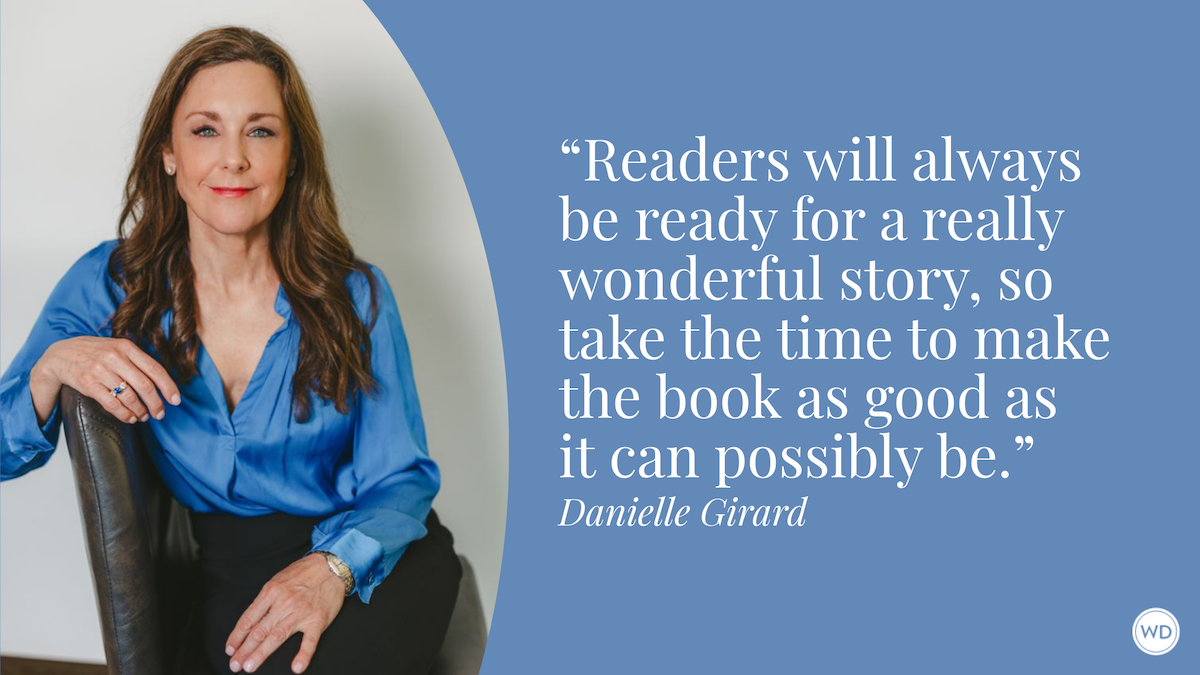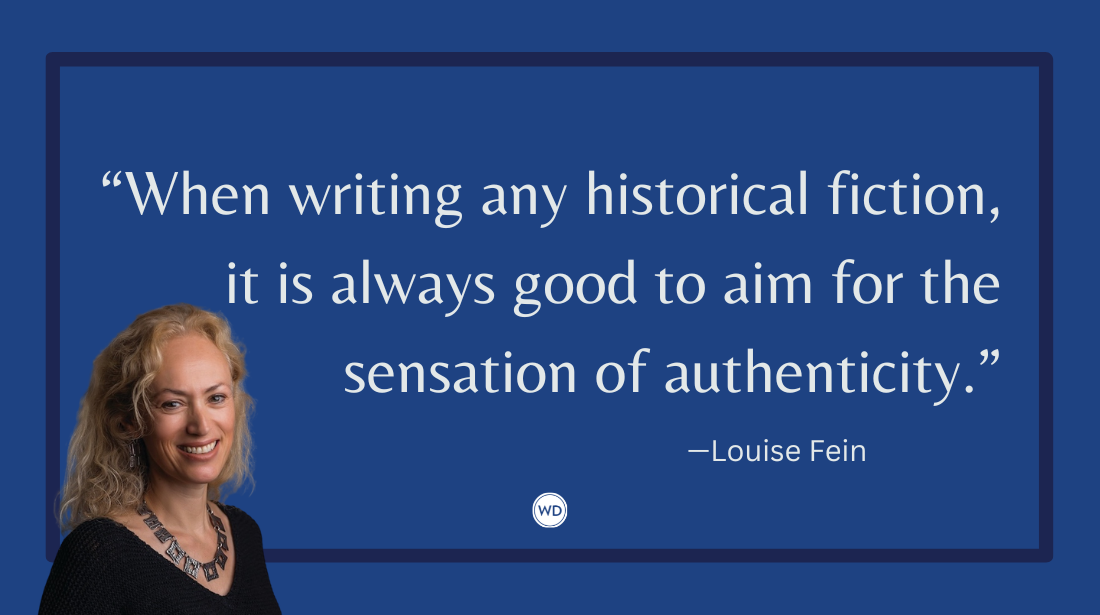Stephen Graham Jones: On Paying Homage to Horror
New York Times bestselling author Stephen Graham Jones discusses how his new horror novel, My Heart is a Chainsaw, is his love letter to the slasher films of his youth.
Stephen Graham Jones is the New York Times bestselling author of The Only Good Indians. He has been an NEA fellowship recipient, has won the Jesse Jones Award for Best Work of Fiction from the Texas Institute of Letters, the Independent Publishers Award for Multicultural Fiction, a Bram Stoker Award, four This is Horror Awards; and has been a finalist for the Shirley Jackson Award and the World Fantasy Award. He is the Ivena Baldwin Professor of English at the University of Colorado Boulder.
In this post, Stephen discusses how his new horror novel, My Heart is a Chainsaw, is his love letter to the slasher films of his youth, how his process for writing this novel was different from previous
****
****
Name: Stephen Graham Jones
Literary agent: BJ Robbins
Book title: My Heart is a Chainsaw
Publisher: Saga Press
Release date: August 31, 2021
Genre/category: Horror
Previous titles by the author: The Only Good Indians
Elevator pitch for the book: Jade Daniels has been wishing upon her VHS collection that a slasher comes to her high mountain town to dispense some justice, but now that bodies are turning up, she's finding that wishing for a slasher and living through one are completely different things . . .
IndieBound | Bookshop | Amazon
[WD uses affiliate links.]
What prompted you to write this book?
I've been doing homework for this book since junior high, when I saw my first slasher and knew it was the genre for me. This is my love letter, my thank you note for a lifetime of thrills and laughs, broken hearts and suns, finally rising.
How long did it take to go from idea to publication? And did the idea change during the process?
I wrote the first draft of My Heart is a Chainsaw in 2013 and wrote it over and over so many times between then and now. It changed completely. Jade Daniels, the protagonist, wasn't even in the first draft. But Indian Lake and Proofrock were. Camp Blood and Terra Nova were. I had to write and write to find Jade, though. It's the first time it's ever worked like that for me—this is the longest it's ever taken me to write a novel. I usually come in at about six weeks. I mean, not eight years.
Were there any surprises or learning moments in the publishing process for this title?
I didn't find either the real ending or the actual title until my editor, Joe Monti, prompted me to. It's so weird that they were there, even. How did I not know? Was I standing on them all along?
Were there any surprises in the writing process for this book?
So many. In what I thought was the final draft, the novel was in three parts, very much like The Only Good Indians. Jade narrated the first part, working on a computer in a supply closet; Sheriff Hardy dictated the second part into his little hand-held recorder; and Letha Mondragon—the newcomer to Proofrock, whom Jade tries to train into a final girl—tells the third part as a storytime break on the make-up tutorial series she hosts on YouTube. So it went text, audio, video, and the audio "contained" the text just as the video contained the audio. I loved that shape—I'd done it once before, in Ledfeather—but readers kept telling me that it was a de-escalation, going from Jade's voice to Hardy's. So, I just let Jade have the mic, then. And, I mean, she's Jade Daniels, right? She knew exactly what to do with it.
What do you hope readers will get out of your book?
A strong and driving belief that the horror can be stopped, that bullies can be pushed back against—that the least can do the most. That's what final girls are all about. That might even be what horror's about.
If you could share one piece of advice with other authors, what would it be?
Read outside your genre. Step over the fence, out of your home field, and walk around in others. What happens in those other fields is your pants legs pick up burrs, which, when you come home, fall off as they're designed to—they're seeds, made to travel. And, in this new and unexpected soil of "romance" or "crime" or "horror," they'll grow up into strange and wondrous plants, and will be contributing DNA that keeps that romance or crime or horror vital. Sometimes you can even ride those plants up into the clouds.








